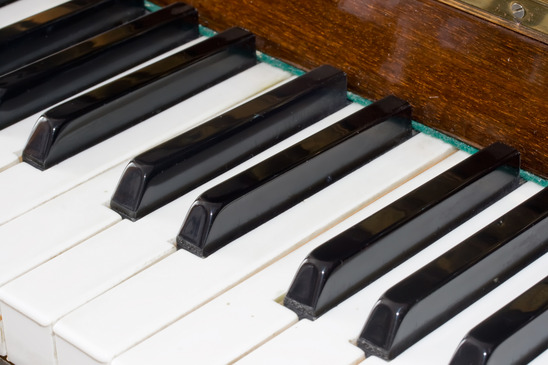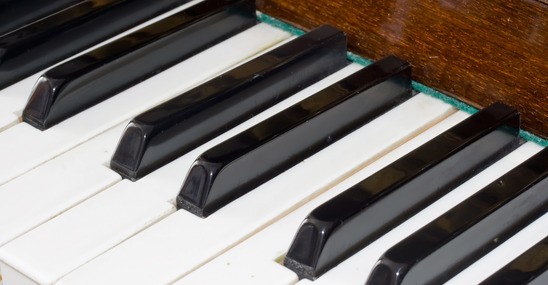One of the most exciting things about purchasing a new piano is having it delivered to your home. Finally, it’s there sitting and waiting for you to sit down and play a song or two.
Yet once your new piano is delivered to your home and placed into the ideal location, is there anything more needed than just playing it? What should you do to make sure your investment withstands the test of time?
Yes, there are a few things you should be doing as you decide on the final location and as you continue to enjoy it for the years to come.
- The wooden finish of the piano can be kept clean by wiping it down with a dry or damp cloth. Keep food and liquids off of your piano.
- Keep the area where your piano is at a fairly constant temperature and humidity level- the optimal is around 65-70 degrees Fahrenheit and 40-50% relative humidity. Extreme changes in either of these can, over time, be detrimental to your piano, resulting in changes in pitch, weakened glue, rusting strings, and cracked soundboards.
- Place your piano in a good spot in your house to prevent issues related to temperature. Don’t place it too near an air vent or along an outer wall of your house, and try to keep it away from windows as well. If your space is limited and the piano ends up in the position of possibly being hit with sunlight, make sure to cover the windows with curtains to shield the piano from direct sunlight. Over time, sunlight can cause problems with both the finish of the piano and the tuning of it.
- Have your piano tuned regularly. This will both keep you playing a good-sounding instrument (prevents you and anyone else playing the piano from getting discouraged), as well as preventing a more costly repair in the future. Regular tuning can be anywhere from two to four times a year, and it’s especially important during the first year that you have your new piano.
- Planning on moving your piano? Remember, you should always have a professional piano mover handle all large moves, either to a new home, or even to a new room if the location requires a substantial move (for example, from a basement corner to an upstairs loft). After the piano has been moved, make sure you tune it regularly in the beginning to get it back to good working condition. With just a little TLC, your piano will be an investment in your family’s entertainment for years to come.


